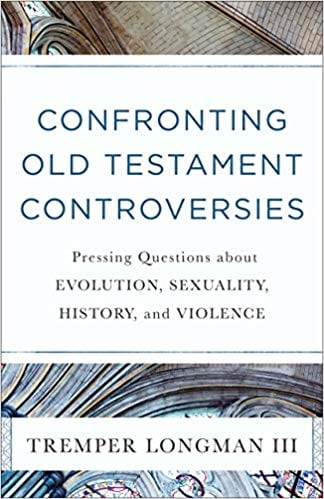Q. Why is genre so critical to understanding the meaning of texts in the OT? Does a genre mistake necessarily lead to a mistake about meaning of a particular passage?
A. Old Testament texts like all literary productions are written by authors who are communicating a message to an audience (this of course needs nuancing, but still is an adequately true statement). Authors send signals to audiences as to how to take their words. These signals constitute what we call genre. So—genre triggers reading strategy. Therefore, yes, genre is critical to understanding the meaning of texts int he Old Testament. And, yes, if you make a genre mistake you will make a mistake about the meaning of a particular passage. That does not mean that someone who makes a faulty genre identification will completely misunderstand the text, but the important point is that we need to always ask the important question of genre.
Q. One of the sentences which I thought was most apt near the beginning of your study was ‘the Bible was written for us, but not written to us, so we must strive to study it in the context of its original audience’. What do you mean by this, and why is it important?
A. I have to give props to my friend John Walton, whom I think coined the phrase (we wrote a book together, The Lost World of the Flood). But what I mean is that the various books of the Bible were not written to us, but to some ancient original audience, using language and speaking to issues that were relevant to them. Thus, we need to read the book as if we were that original audience. But it was also written for us. That is, it speaks to us in a way that is relevant to what we think about who God is and how God wants us to live.













